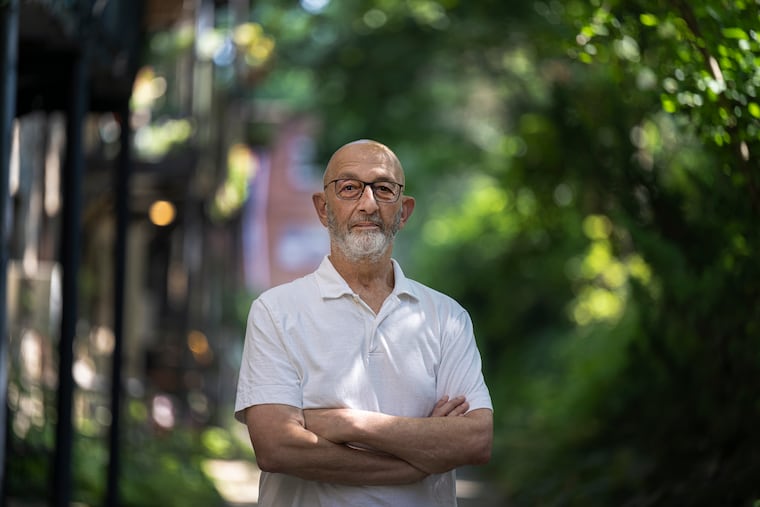Chestnut Hill resident plans to be composted after death, outlining his intentions and methods for natural burial.
As the conversation around post-mortem options continues to evolve, human composting emerges as a viable alternative to traditional burial and cremation. This natural organic reduction method appeals to individuals like Paul Meshejian, a 76-year-old retired actor residing in Chestnut Hill, who has opted for his body to be composted following his death. In Meshejian’s perspective, conventional embalming methods involve unnecessary use of land and resources, while cremation raises concerns regarding environmental pollution.
Embracing the concept of human composting, Meshejian has contracted with Earth Funeral, a notable company in the nascent industry that charges approximately ,000 for its services. Upon his passing, Earth Funeral will wrap his body in a biodegradable shroud and place it in a vessel filled with mulch and wildflowers. After about 45 days, the transformation process will yield nutrient-rich soil—a concept Meshejian finds appealing, particularly with plans to enrich conservation efforts and potentially honor his deceased wife by sprinkling the soil over her grave.
Despite the growing interest, human composting is currently not legal in Pennsylvania; however, neighboring states are moving toward legalization. Recent developments in New Jersey indicate that it may soon join the ranks of states legalizing this practice, following the successful passage of a bill in the legislature, which awaits the governor’s signature. Meanwhile, individuals from Pennsylvania and other East Coast states interested in this environmentally-friendly option are crossing state lines to utilize composting services, despite the added complexities and costs.
Human composting provides a framework that is increasingly viewed as more sustainable than traditional methods. Unlike burial, which can contribute to soil pollution, or cremation, which relies on fossil fuels, this method embraces a natural process that returns the body to the Earth. It has developed traction since being first legalized in Washington State in 2019, with several other states, including New York, Maryland, and Delaware, subsequently adopting similar legislation.
Legislative efforts in Pennsylvania are underway, backed by figures such as State Representative Chris Rabb, who aims to introduce a bill to legalize human composting in the state. Concurrently, there is also advocacy for alkaline hydrolysis, a water-based cremation method, with both approaches highlighting the demand for diverse end-of-life options that align with contemporary environmental values.
As this trend gains momentum, industry leaders are positioning themselves to meet the demands of an evolving marketplace. Tom Harries, CEO of Earth Funeral, has announced intentions to establish a regional composting facility, which would further enhance access for East Coast families seeking alternative post-life solutions. The exploration and legalization of human composting underscore a broader societal shift towards environmentally conscious decisions surrounding death and burial practices. The growing acceptance of such alternatives is indicative of a nuanced understanding of life’s end, allowing individuals greater autonomy and comfort in their choices.






